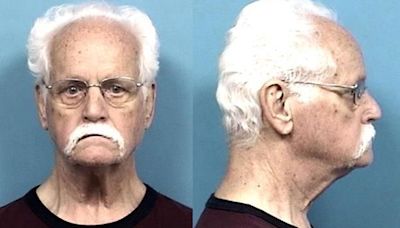Search results
Probable cause is a requirement found in the Fourth Amendment that must usually be met before police make an arrest, conduct a search, or receive a warrant.
Jun 16, 2023 · This guide explains how probable cause is defined and what probable cause requirements means for you. You’ll also see some examples of probable cause so you can better understand how...
Apr 25, 2017 · Probable cause is legal justification for a police officer to make an arrest, obtain a warrant, or search a person or his property. An example of probable cause might include a police officer’s suspicion that an individual is in possession of drugs, if that person smells strongly of marijuana.
Aug 30, 2023 · Probable cause for arrest exists when facts and circumstances known by the police officer would lead a reasonable person to believe that the suspect has committed, is committing, or is attempting to commit a criminal offense. The probable cause to arrest standard applies to both misdemeanor and felony offenses.
Requirements for establishing probable cause through reliance on information received from an informant has divided the Court in several cases. Although involving a warrantless arrest, Draper v. United States 1. may be said to have begun the line of cases.
In United States criminal law, probable cause is the legal standard by which police authorities have reason to obtain a warrant for the arrest of a suspected criminal and for a court's issuing of a search warrant.
Jul 21, 2022 · Under the Fourth Amendment, police officers must have probable cause to arrest someone, conduct a search, or seize someone's property. But what does "probable cause" really mean, and how is this requirement met?



